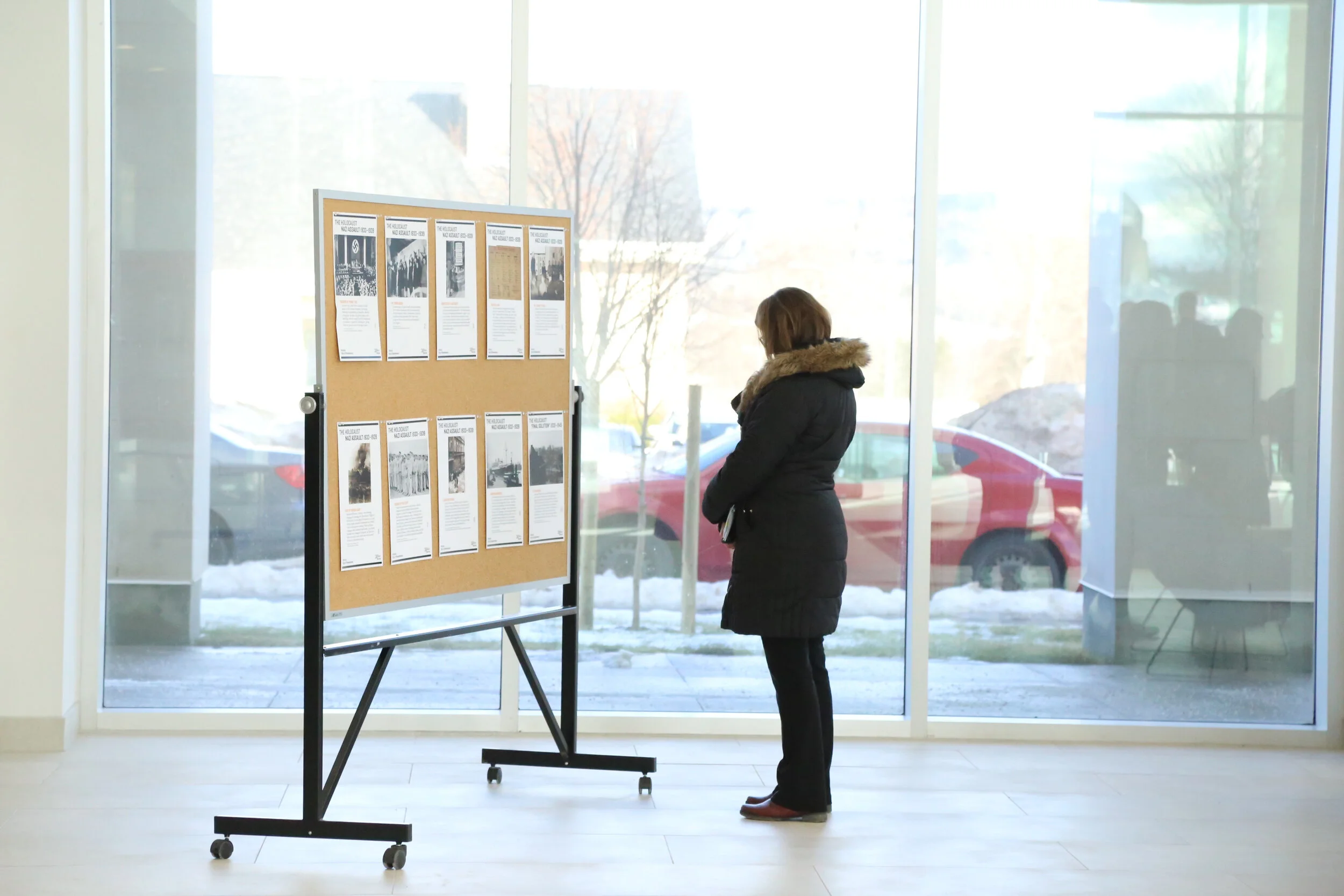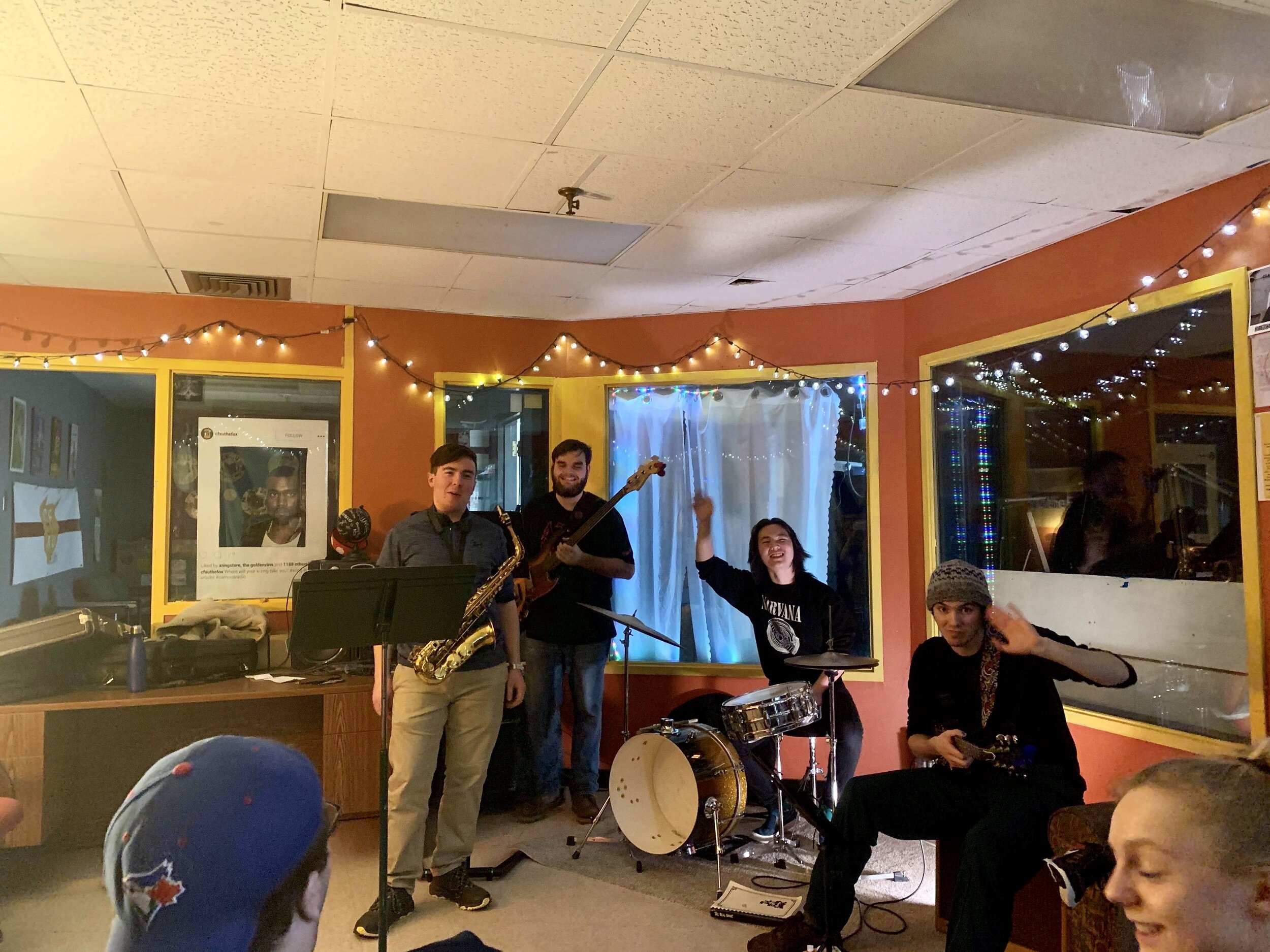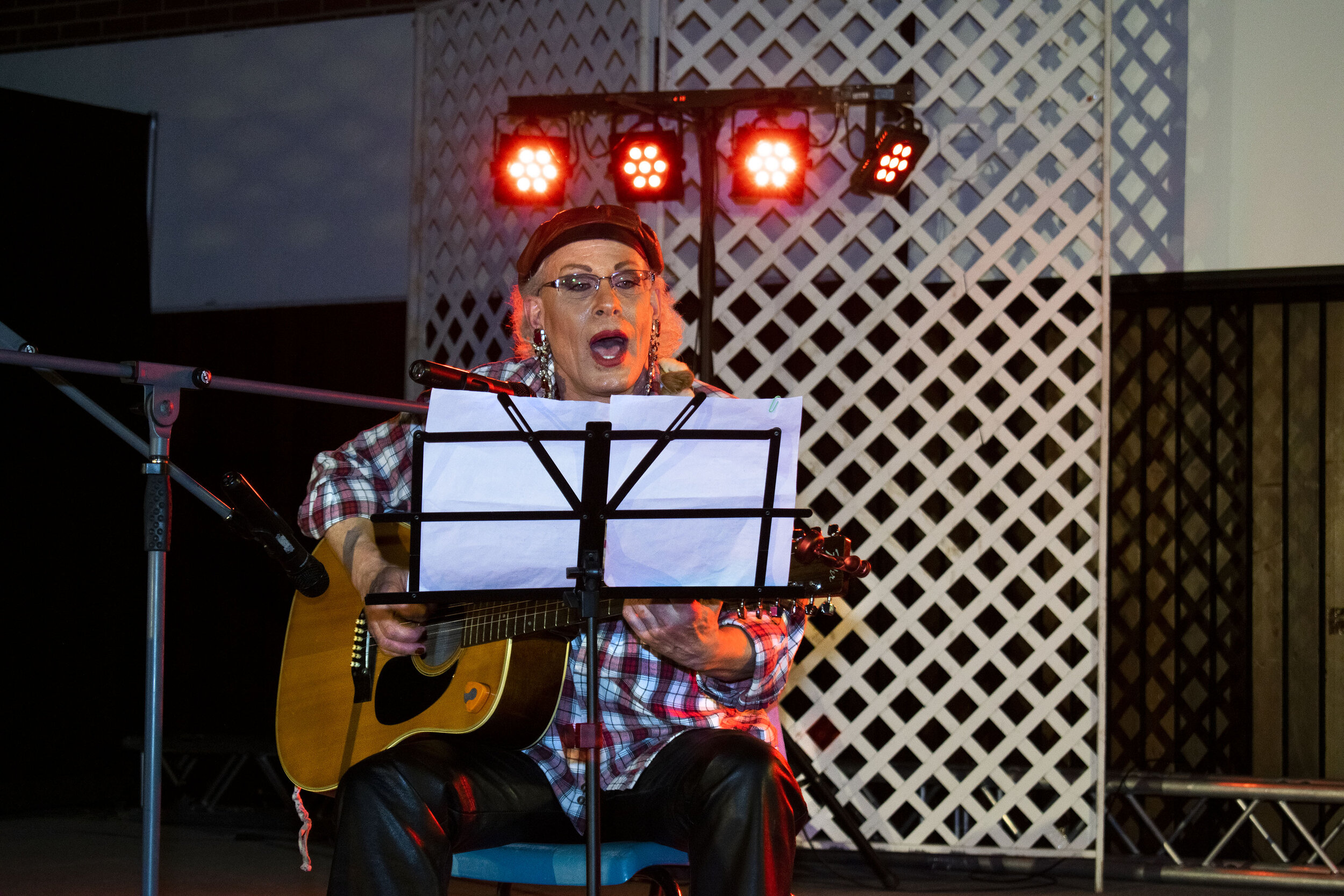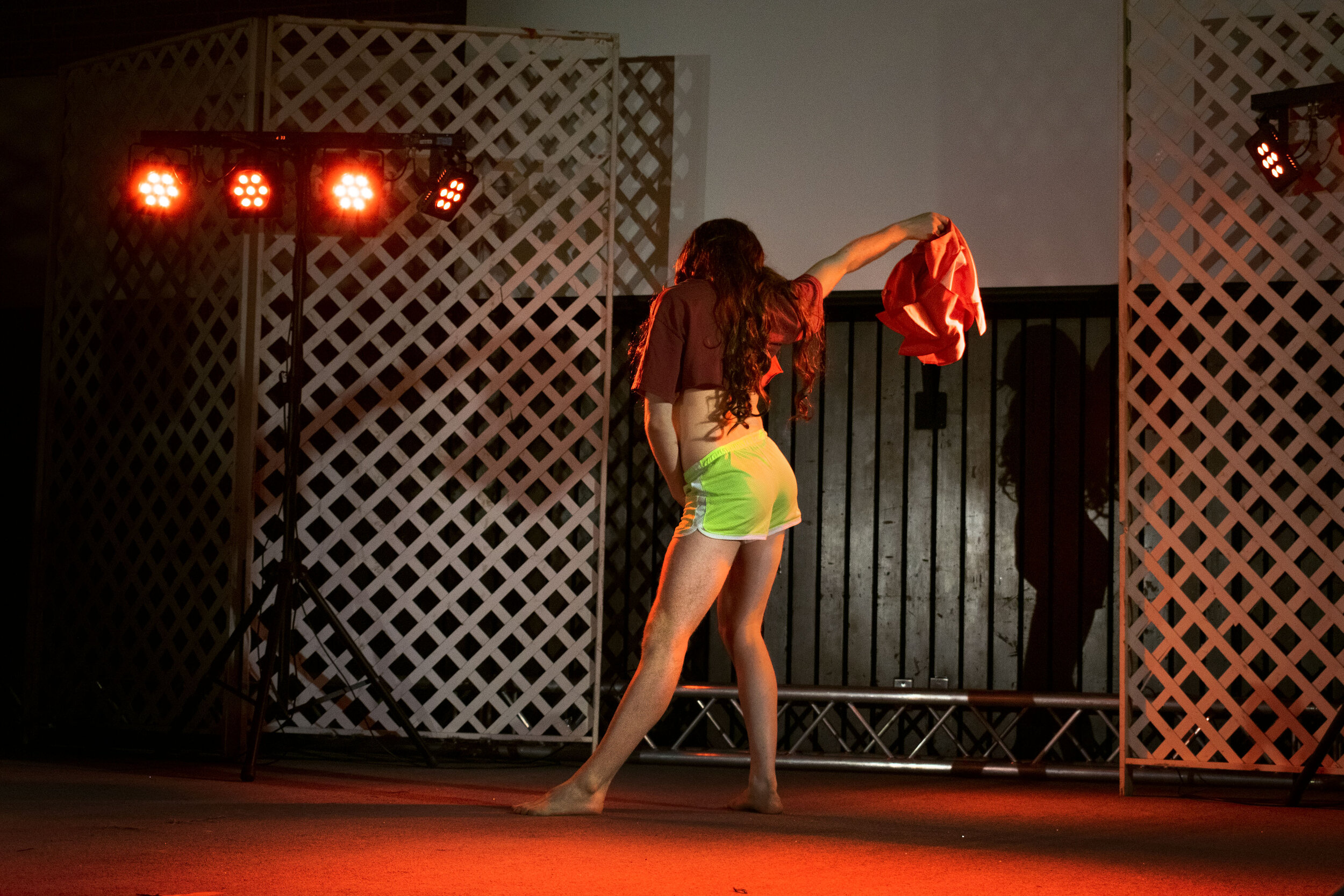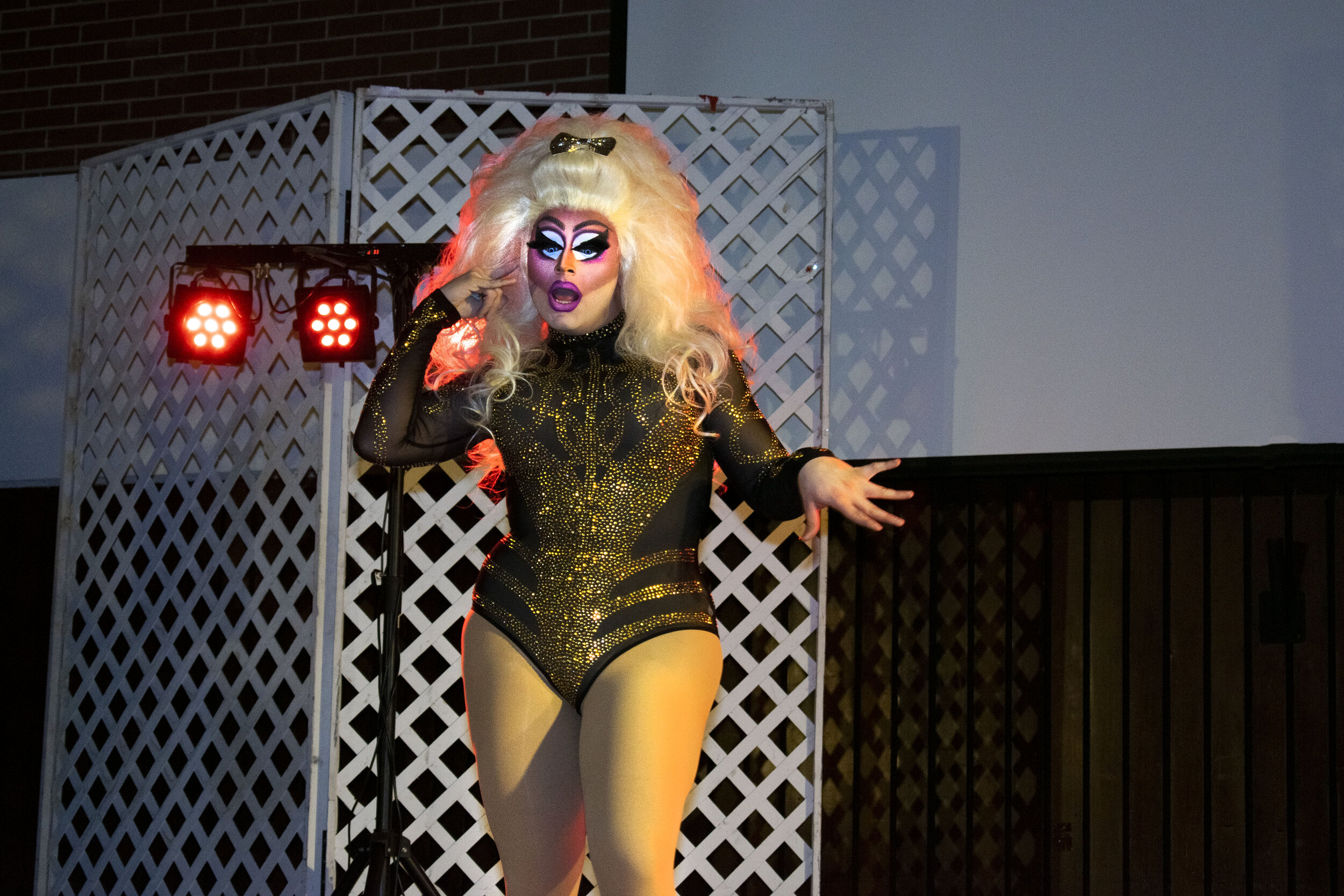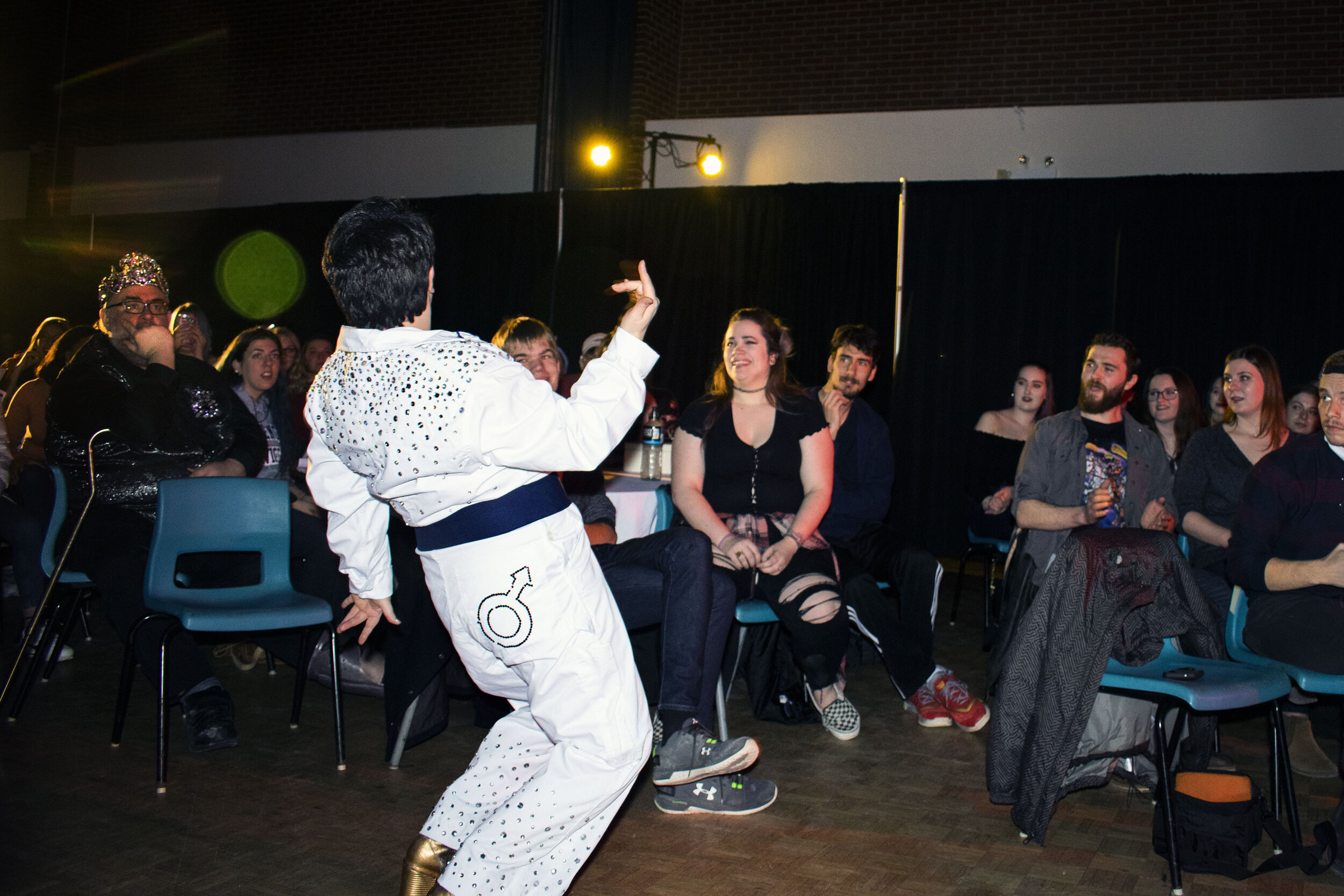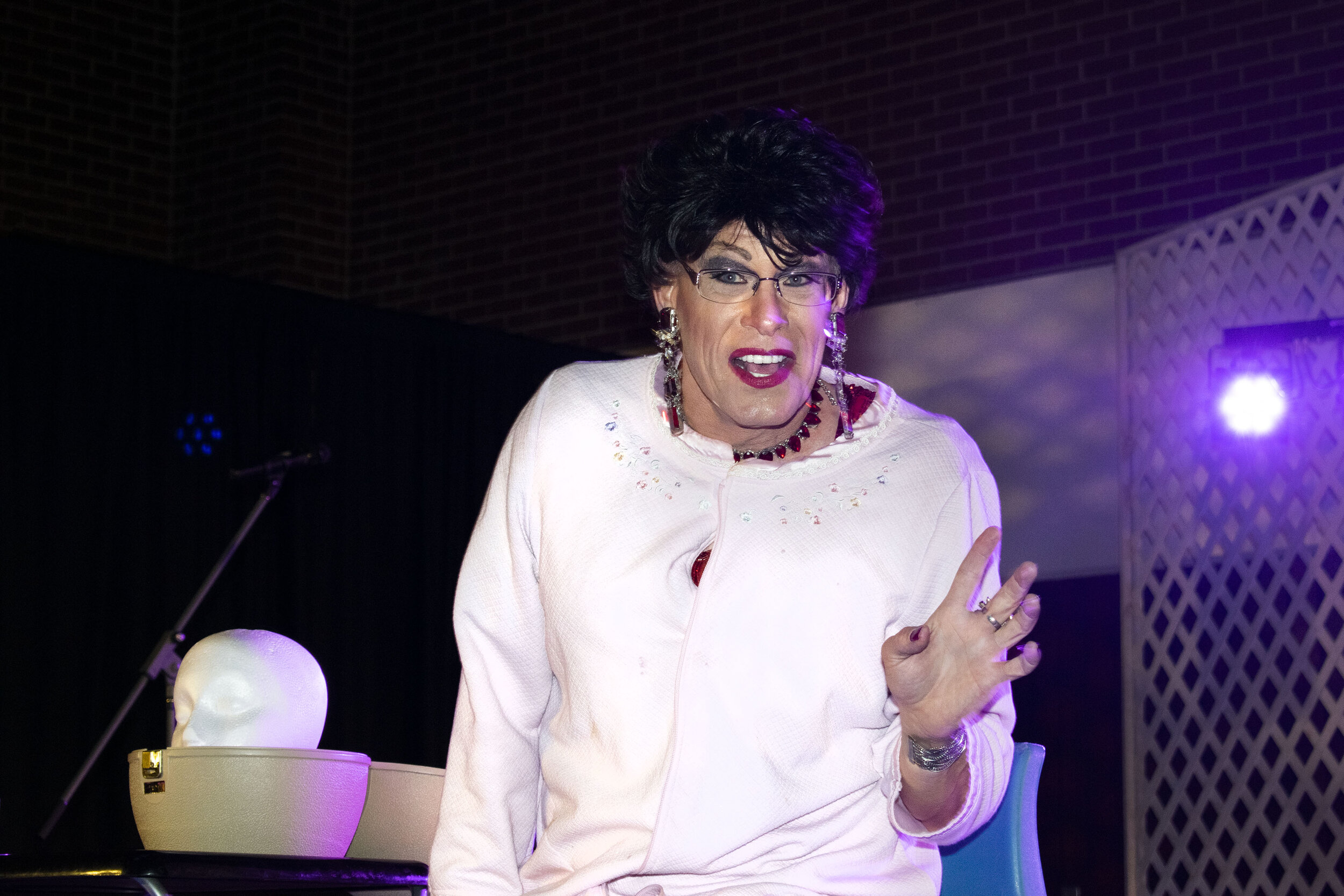Pray For It: Bold Change or Failed Attempt? July Talk REVIEW
/July Talk has always been known to please their fans.
The Toronto band features the clashing voices of the soft and soaring Leah Fay, the gravelly and growling Peter Dreimanis, drummer Danny Miles, bassist Josh Warburton, and guitarist Ian Docherty. The group are known for their energetic and loud live shows, often involving Faye dancing around the stage and getting into the crowd, all while barefoot. The band has earned a reputation as one of Canada’s loudest and most in-your-face bands of the modern era.
Prior to Pray For It, July Talk released 2 studio albums — a self titled album in 2012, and Touch in 2016. The self-titled album inseminated the public ear with a brand of abrasive and loud rock music the band would be known for, a sound they would deliver again on Touch.
While July Talk was hit after hit front-to-back, Touch showed signs of progression from the band, experimenting more with their sound and giving their tracks more room to breathe.
When the band began releasing singles for Pray For It, the songs signified a new sonic palette for the band. Their signature gritty guitar riffs and fire-in-the-belly attitude was traded for something smoother, more relaxed and less in-your-face.
Going into this album, the listener is posed a question: Is Pray For It a step in the right direction or a failed attempt at a new sound?
On Pray For It, the band has infinite space to move around and experiment with their sound. Is this album perfect? No. Is it a step in the right direction? Absolutely. After 8 years of sitting on the same material, the July Talk sound becomes stale. On Pray For It, the band presents a whole set of new ideas sonically and lyrically that blow their earlier material out of the water.
Although July Talk is known for their sound, the best thing about Pray For It, by far, is the songwriting. The group has always touched on social justice, gender and sexuality, violence. On Pray For It, the band looks at the way these themes affect society and explores a simple question: why? The band looks at these relationships from a microscopic viewpoint and explores their intricacies on a level much deeper than surface.
This all starts on the opening track, and third single from the album, Identical Love, which starts the album on a very haunting note with a very fragile and sweeping drone that builds throughout the song and erupts like a firework display later in the track. The writing is almost poetic.
“The evening heat surrounded us // It blossomed from the cup // The only one of their kind // Welcome inside”
The album then moves into the song Good Enough which has very dark lyrics about feeling inadequate and being in a manipulative relationship, but is played almost like an 80’s dance song. It features really bouncy drums that make you want to get up and dance mixed with echoing and sustained synth chords.
Although the album has several other high notes like Life of The Party, Pay For It, and Governess Shadow, the album has some pretty unignorable missteps.
Pretender almost feels like a B-Side from Touch. It is very reminiscent of the band’s older sound by incorporating distorted guitars and a loud, gritty delivery from Peter on the chorus. While the song is enjoyable, it feels like the band holding onto the familiar instead of exploring their new direction.
The most criticised track on the album, Champagne, is also the most socially conscious.The song seems to reflect the concept of Champagne Socialism — someone identifying as a socialist while living a luxurious lifestyle — but instead of referring directly to socialism, the term is being more directed toward social justice and fake activism — people virtue signalling while reaping the benefits of white privilege without using their resources to support the movement in any meaningful way.
The track is essentially a gospel song which may be the reason so many people dislike it. Sonically, Champagne sticks out like a sore thumb in the track list. While the idea is very meaningful and important, the execution falls apart and really doesn’t fit on the album.
Pray For It closes on a very dark and brooding note with Still Sacred. The track is almost frightening with its hammered and distant piano chords laying on top of some really languishing guitars. It acts as a nice book-end to the album by sounding tonally similar to the ominous opener, Identical Love.
Overall, Pray For It is a good album and successful foray into a new sound for the band. Although there are some pretty notable missteps on this album, it is still a step in the right direction for July Talk. Their songwriting has improved and they’ve shown they can contribute meaningfully to current social discourse.
The band’s new sound mostly works and while there were some flops, the songs that swing hard enough knock it straight out of the park.
It makes me very excited for their next album, hopefully we don’t have to wait until 2024 to hear it. If you’ve never heard July Talk before, I recommend listening to this album and exploring their earlier two releases as well.
RATING: 7/10




